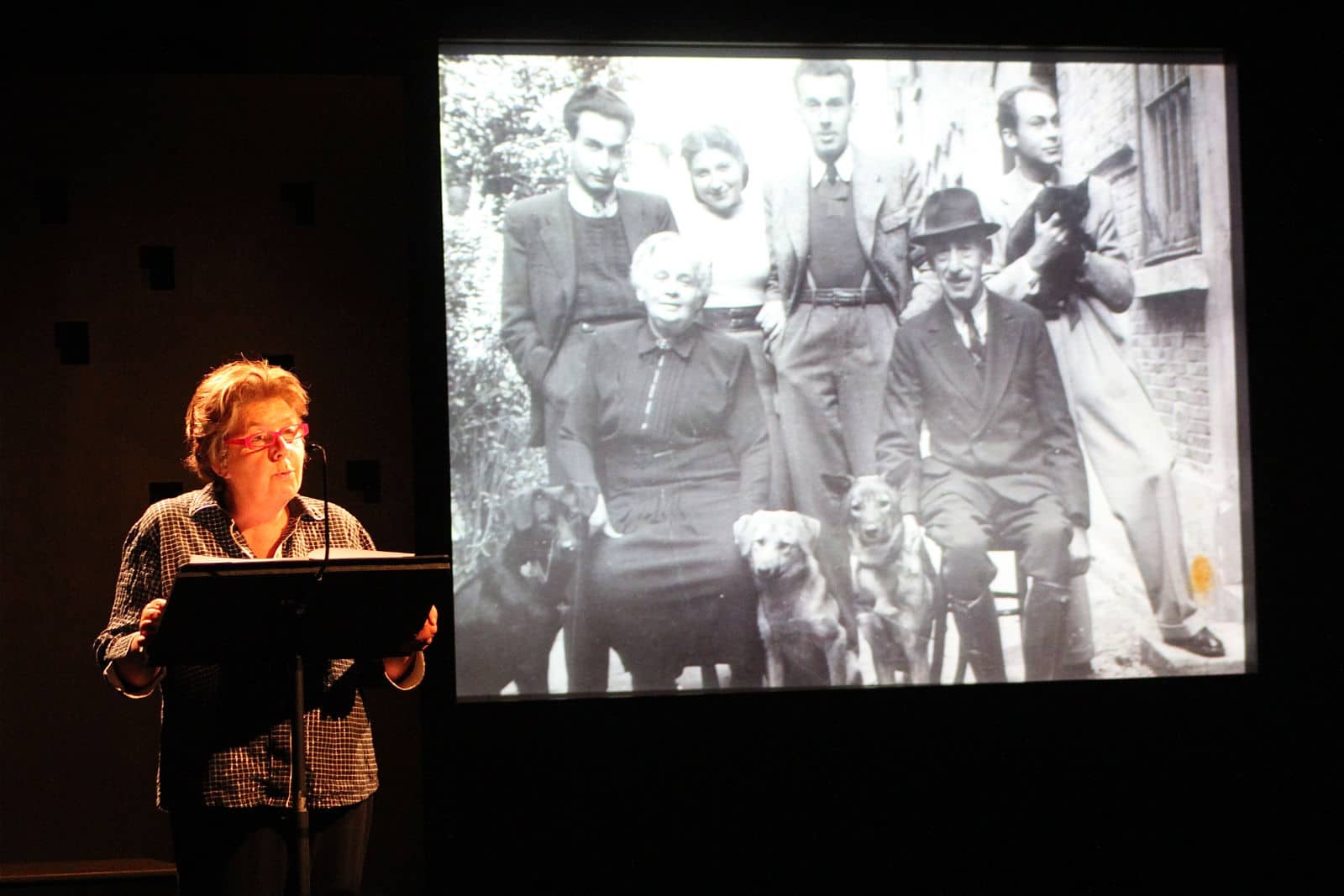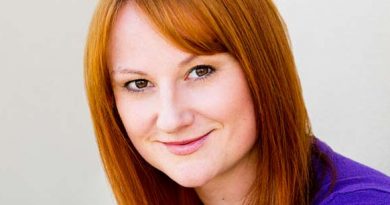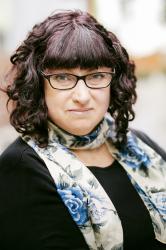Midsumma: The Dead Ones
Margie Fischer shares a brilliant response to cope with unwelcome charity phone calls: “They’re all dead”. But in her case, it’s true. When her mother died, Margie was the last member of her immediate family and faced the responsibility of clearing her family home, of 50-plus years, of its memories and its stuff.
And her mum, Marianne, didn’t throw things away.

It took Margie months to finish and she dealt with it by writing. Writing about her grandparents, parents and brother; about what their things had meant to them; about how she decided to keep or get rid of objects without losing their significance; about losing the haven of home (despite having her own family and house); and about the burden of being the holder of her family’s stories.
This writing became her personal and deeply affecting theatre show, The Dead Ones, which premiered at Adelaide’s Feast in 2011 (the queer culture festival co-founded by Margie) and is welcomed to Midsumma.
With slides and a lectern, Margie reads her story. The telling is gently shaped by director Catherine Fitzgerald and given a simple and moving coda by designer Kathryn Sproul, but the heart-grabbing power of this show is that it’s a true story told with love and honesty. And a story that so many of us have faced or will face.
I’m an eldest daughter. My mother attaches meaning to objects, likes being judged by her stuff, will buy anything if it’s a bargain and recently got upset at me because I said it was time to throw out the microwave oven from 1978 because she didn’t need it as a spare.
I also know I’ve inherited these tendencies. I have a box for the Salvos in my hallway; it’s been there for over six months. Things that haven’t made it to the box include cheap crap I bought when I had no money and it meant so much just to have something, gifts that I never liked and bargains that I couldn’t resist. I still bring stuff home on hard rubbish days. I understand why Marianne Fischer hated even the idea of a clutter-free existence.
She was a Jew who got out of Austria with her new husband, Alois, in 1938 with a small suitcase. They spent ten years in Shanghai until war again forced them from their new home and they arrived in Sydney in 1949 as “reffos”. Here they had two children and built a successful business and their dream suburban home. Their son died in 1978. Hoarders have a bad name, but there’s security in stuff and we all have our crutches that others don’t understand.
Margie understood, but what do you do with sympathy cards from 1978 and your parents’ love letters? How does it feel knowing that the books and records that meant so much to your father (and would have cost him so much) are now worth so little, if anything? Do you put something your dead brother made out with the hard rubbish?
Margie and her family have incredible and touching stories, but she tells them with a distance that leaves space for the audience to think of their own stories, and this is where the tears and laughs flow from. And there are plenty of both.
In an interview, I asked Margie who she wanted to see in the audience. She said the entire Jewish and theatre-going lesbian populations of Melbourne. If only it could run so long! And I encourage all the straight goys and anyone who has a family to come along.
The Dead Ones is immaculate story telling. There’s room for an edit and some changing, but there’s plenty of time for that when it hopefully becomes a book and when it travels to more festivals. But don’t wait for that and get to Theatre Works before it finishes on the weekend.
I dread losing my mother and the thought of her house makes me shudder, but, as a friend said to me as we shared stories after the show, “You might die first”. I felt bad for hoping.


